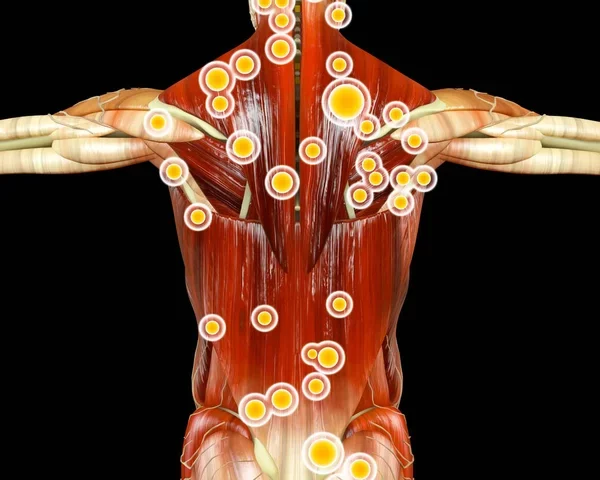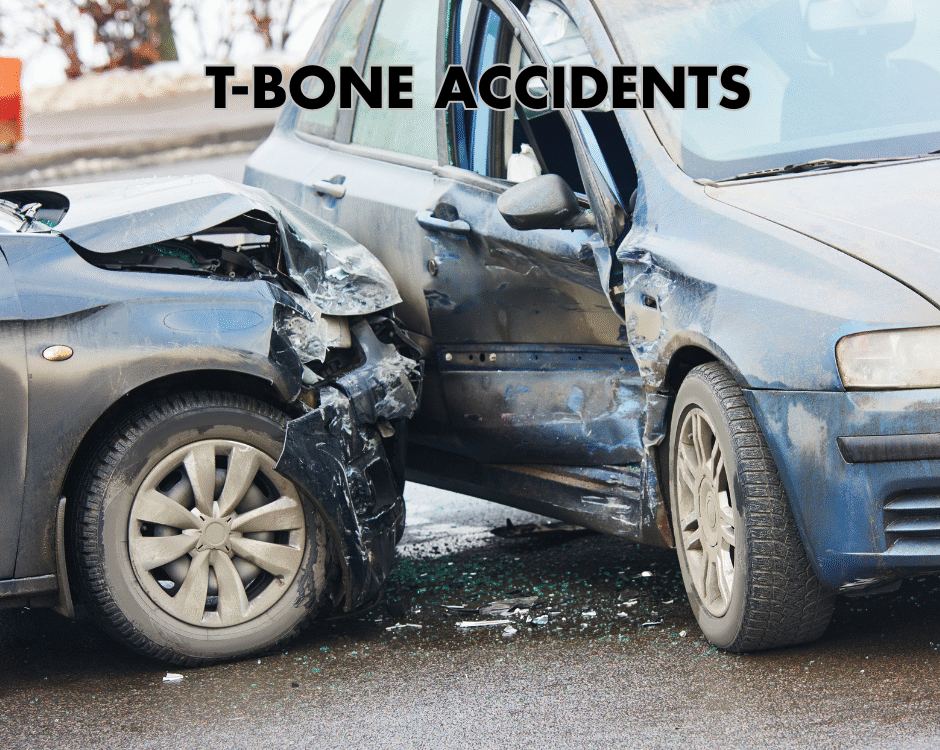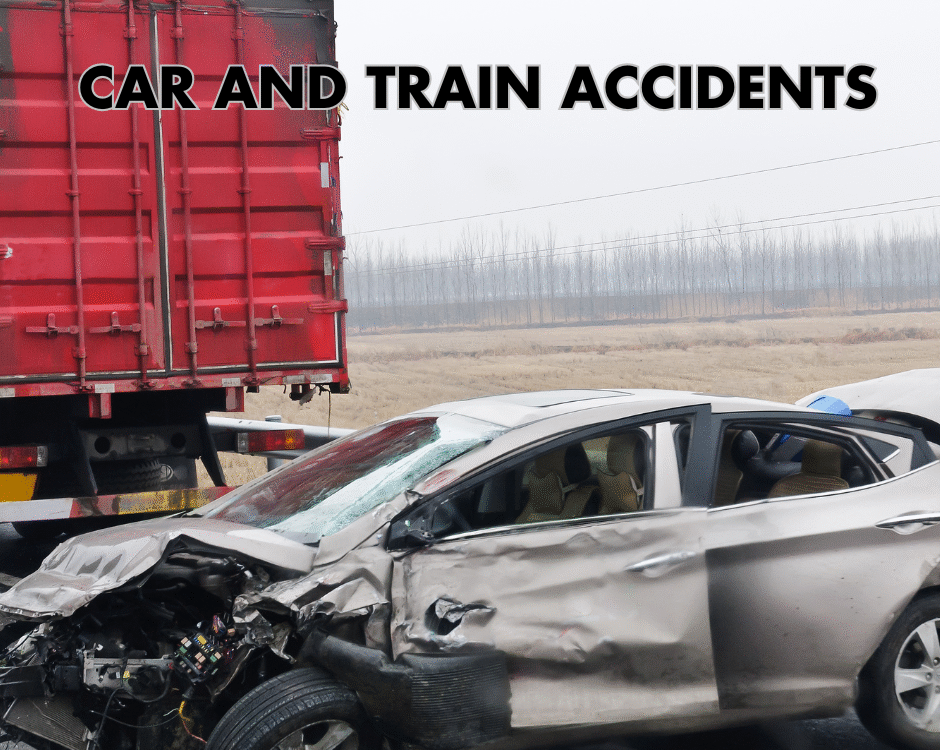The Relation of Frozen Shoulder and Motor Vehicle Accidents?

What are the Basics of Pelvic Floor Health?
July 24, 2023
Car Accident Forces and the Impact on the Human Body
August 1, 2023Frozen Shoulder and the Connection to Motor Vehicle Accidents
Frozen shoulder is a painful condition that will affect the mobility and functionality of the shoulder joint. While it can occur due to various reasons, one potential cause is motor vehicle accidents (MVA). Aaron Workman, DC, a member of one of the highest ranked medical groups in Lexington, Kentucky, for auto injury care, explains the link between frozen shoulder and MVAs, the impact it can have on individuals involved in accidents, and possible treatment options.
Frozen shoulder syndrome is a condition characterized by pain, stiffness, and limited range of motion in the shoulder joint. The connective tissue around the joint becomes thickened and tight, making movement challenging. While the exact cause of frozen shoulder is not fully understood, trauma or injury to the shoulder area, such as those experienced in MVAs, can contribute to its development.
Motor vehicle accidents can subject the body to sudden and forceful movements, leading to various injuries, including those affecting the shoulder. Just before an accident occurs patients will typically brace for impact and that involves both shoulders with the hands on the wheel. The following force that ensues gets transitioned to all parts of the body including the shoulders that are locked in place. That abrupt force jolts the joints of the body and can cause damage to the soft tissues, tendons, and ligaments in the shoulder region. This trauma can trigger an inflammatory response and later on the formation of scar tissue. I see patients afraid to use their shoulders if they have a little pain in the area and this lack of motion will exacerbate the speed at which the frozen shoulder occurs.
Following a motor vehicle accident, individuals may experience a myriad of symptoms associated with frozen shoulder such as persistent shoulder pain that typically worsens over time. The shoulder slowly becomes stiffer with less range of motion (ROM) and at this point patients will start using the other shoulder more making the frozen shoulder worse. Patients find it hard to reach or lift items with the painful arm. They find it hard to reach up into cabinets, pull things out of the refrigerator and perform most self-care tasks with the affected arm. By the end of the day, they will find it uncomfortable to sleep with and almost impossible to lie on when resting at night.
Treatment for frozen shoulder is designed to reduce pain, improve range of motion, and restore shoulder function. Depending on the severity and stage of frozen shoulder, treatment options may include various therapies. Physically rehabbing the shoulder through exercises and stretches helps initially improve the ROM and reduce stiffness. Application of hot and cold packs may help with pain or swelling along with increasing muscle mobility. There are medications such as nonsteroidal anti-inflammatory drugs (NSAIDS) or steroidal type injections that may also be prescribed for pain and to help with sleep. In severe cases when other treatments have failed, there are surgical treatments that may be available.
If you experience shoulder pain, stiffness, or reduced mobility following a motor vehicle accident, it is crucial to seek medical evaluation. A healthcare professional, such as those at Chambers Medical Group, can assess your condition, perform diagnostic tests, and provide appropriate treatment options to get you moving again.
— This article is written by Aaron Workman, DC, one of the members of Chambers Medical Group’s team of car accident chiropractors who offer a variety of treatments and therapies ranging from diagnostic testing to various soft tissue therapies for car accidents and injuries in Kentucky.
.
–
Have you been in a car accident? If you or somebody you know has been in a car accident, be sure that you seek medical attention from a car accident doctor or car accident chiropractor to treat your injuries. Visit Chambers Medical Group to receive world-class medical treatment for your injuries.
Chambers Medical Group has car accident medical clinics in the following locations:
- Car Accident Medical Clinic in Tampa
- Car Accident Medical Clinic in Plant City
- Car Accident Medical Clinic in Brandon
- Car Accident Medical Clinic in Lakeland
- Car Accident Medical Clinic in Sarasota
- Car Accident Medical Clinic in Louisville
- Car Accident Medical Clinic in Lexington
- Car Accident Medical Clinic in Florence




